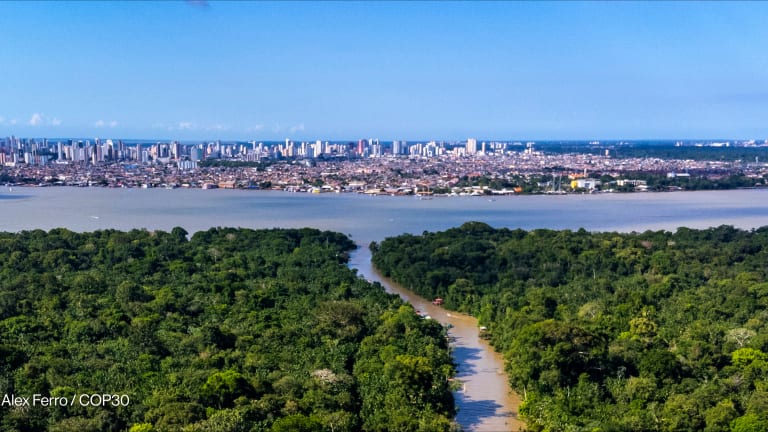How a climate 'loss and damage' fund can truly deliver on its promise
By Michael Igoe, Naomi Mihara // 22 November 2023
Listen to "How a climate 'loss and damage' fund can truly deliver on its promise" on Spreaker.
Listen on Spotify, Apple Podcasts, or search “Devex” in your favorite podcast app.
The decision to establish a loss and damage fund to provide financial assistance to countries affected by climate disasters was hailed as one of the biggest achievements at last year’s United Nations climate conference, COP 27. One year later, reaching an agreement on how that fund will be operationalized is widely seen as a benchmark for success at COP 28.
Printing articles to share with others is a breach of our terms and conditions and copyright policy. Please use the sharing options on the left side of the article. Devex Pro members may share up to 10 articles per month using the Pro share tool ( ).
Search for articles
Most Read
- 1
- 2
- 3
- 4
- 5









